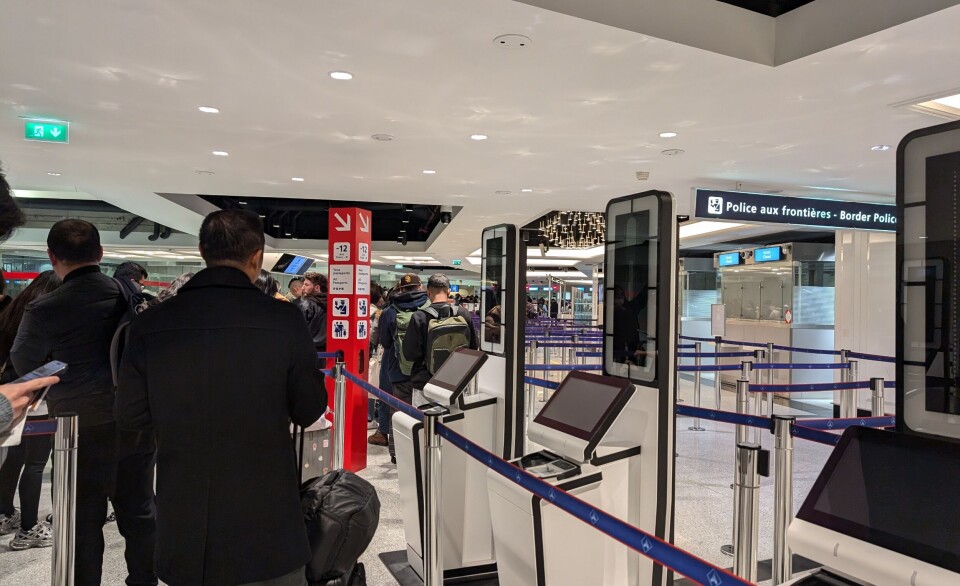-
VPN providers may leave France under pressure from Canal+
The broadcaster is demanding courts order Virtual Private Networks to block access to illegal streams
-
What’s new in April 2025 for residents in France: 8 key changes
Several fiscal changes take place as income tax declarations begin
-
Five questions for British and American drivers in France on new driving licence rules
Digital licences will be widespread by 2030
Why your address in France may change
Only communes with more than 2,000 residents in France currently have to create a list of addresses with street names and numbers, but this is set to change

Slow emergency services responses, delays in home deliveries and problems with fitting fibre-optic links mean some addresses are to be changed to be more precise.
Many communes, mainly rural, have no street names or numbers and homes share an address – often a hamlet name or “lieu dit” – which means post is only delivered if the facteur has learned who lives where.
More seriously, it can cause severe delays in emergency services arriving, missed home parcel delivery and a refusal to supply high-speed broadband.
Mayors are facing growing calls for precise addresses using a Base Adresse Locale and registered on the Base Adresse Nationale (BAN) database.
Véronique Picard, technical adviser for the Association des Maires de France, said services such as the post, refuse collection, district nurses, utilities firms and tax offices were struggling to work properly.
“Emergency services can lose up to 15 minutes on a call-out as they search for an address, particularly in hamlets without street names or numbers.
“Fibre-optic network installers also need precise addresses for buildings and to match the service to the occupants.
“It also makes it much easier for delivery firms to find the right address and improves GPS localisation.”
Today, only communes with more than 2,000 residents have to create a list of addresses with street names and numbers but Ms Picard said more small communes were doing so and it could become obligatory.
“We have more mayors ringing for advice and we are asking for government aid.
“New signs are costly and it is complex to set up. A small commune could easily have at least 12 hamlets needing new addresses, and several roads.
“We think the government is increasingly in favour of creating an improved address system across the country.”
Your commune should notify you of any planned address change and what action you may need to take.
Related stories
'My fibre-optic installation in France was far from speedy'
French countryside sounds and smells to be protected by law
























